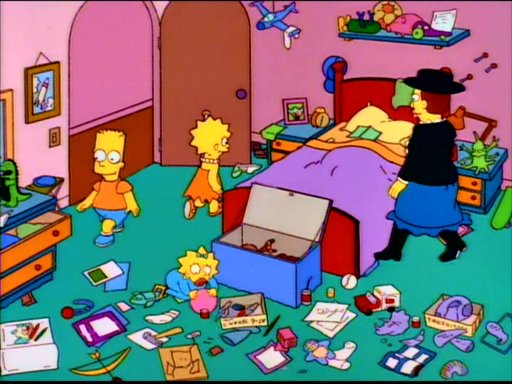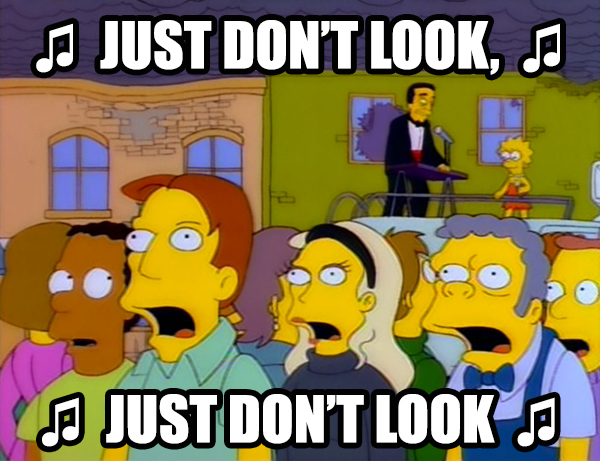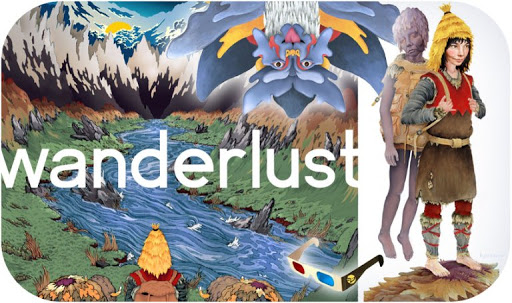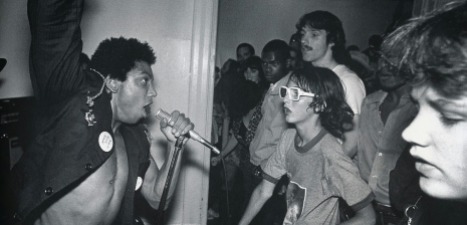
Hello room service? This is Marge Simpson. I’d like a hot fudge sundae… with whipped cream!… And some chocolate chip cheesecake!……… And a bottle of tequila!!
Self care can come in many guises, and so too can the inspiration for it. When I was a child and teenager I was pretty much obsessed with The Simpsons, and though I haven’t watched a new one in a long time, I can still recite bits of countless older episodes word for word. I recently re-watched an episode from 1992 called ‘Homer Alone,’ in which Marge has a nervous breakdown and checks in to the aptly-named Rancho Relaxo to recuperate. The put-upon workhorse of the family finally has some nourishing me-time and she takes full advantage of the rare opportunity, culminating with her scoffing ice cream in the tub while watching ‘Thelma & Louise,’ bottle of tequila at her side. It sounds decadent but this is a quintessential moment of glorious self care. With that as a foundation, here are three more instances from the show that have helped remind me to look after myself.
#1
‘Trust in yourself and you can achieve anything’ (from Lisa VS. Malibu Stacy, 1994)

In this episode the ever-plucky Lisa takes on Malibu Stacy, the Simpsons world equivalent of Barbie. Disgusted at the disempowering rhetoric to emerge from the new talking edition of the doll (‘Don’t ask me – I’m just a girl! *giggle*), she tracks down the product’s hermetic creator and together they launch a more enlightened talking doll with feminist leanings called Lisa Lionheart. Aside from reminding girls that they can keep their own names if they choose to get married, the doll also includes the wonderful little affirmation of ‘Trust in yourself and you can achieve anything.’ In times of stress it can be very useful to simply take a moment to step back, breathe for a minute and try to not get overwhelmed. Going further though, how about actively reminding yourself that things will probably be okay, even if they look like a mess right now? Obviously some situations are more grave than others, so it won’t be universally applicable, but I’ve found it personally useful for traversing those little everyday stresses that seem to accumulate.
For example, I was on a bus recently, mentally calculating the seemingly insurmountable number of work items I had to check off before going on holiday. Not unsurprisingly, I then became aware of a feeling I think most of us have some experience with – that anxious sense of defeated helplessness that at its core represents a doubt in one’s expected ability to cope. It is very easy in such situations to go along with that inner voice and feel overwhelmed to the point of believing that things won’t work out. It may also be tempting to engage in avoidant behaviours that temporarily assuage the anxiety, but may then boomerang back as evidence that, yes, you were right to think you wouldn’t be able to cope and now look at the amount of stuff you still have left to do and you have even less time to do it! Argh! On that bus, I suddenly found Lisa Lionheart’s words comforting and empowering. ‘Trust in yourself and you can achieve anything’ – this brings us from a place of creeping self-doubt to one of pure self-belief, and the knowledge that we are often our own biggest obstacles in achieving our goals. I don’t think it’s too much of a stretch to couch this sort of reminder as a small form of self care/compassion – as in, I care about myself enough to not let any self-defeating thoughts get in the way and succeed in convincing me that I’m not the worthy, capable person I know I am. I will get the job done. Even from a linguistics point of view the shift here from passive to active (‘It will get done’ versus ‘I will get it done’) is an empowering one. Things won’t just magically realise themselves- you will be the agent of their completion, and that needs to be acknowledged! So, I stepped out of that anxious mind frame and simply trusted that I would be able to get it all done – and I did. As odd as it might sound to attribute such meaning to not just a cartoon, but a cartoon talking doll, Lisa’s affirmation of self compassion was instrumental in letting this happen.
#2:
‘Just do a half-assed job!’ (from Simpsoncalifragilisticexpiala-D’oh!-cious, 1997).

In this episode the Simpsons acquire a Mary Poppins-esque nanny called Shary Bobbins. In one scene Shary entreats the children to tidy Bart’s room, to familiar moans and groans. Shary’s solution? To tell them (through song) that:
If there’s a task that must be done
Don’t turn your tail and run.
Don’t pout,
Don’t sob,
Just do a half-assed job.
Now, this is obviously not meant to be taken as universal life advice, however I do think that it speaks to the wisdom of knowing when ‘good enough’ is indeed good enough, instead of constantly seeking perfection in all things. The latter may become such a fundamental imperative to a person that their bar is raised so impossibly high that nothing they do will ever be truly good enough to them. This can be a frustrating, exhausting and lonely place to inhabit, crippled by dissatisfaction and lack of self-belief. Offering oneself the compassion to not be perfect is also a display of great self care – like saying, ‘I don’t expect you to push yourself to the brink this time – you can just do a good job.’ Naturally this is going to be much easier said than done for someone who has got so used to striving for the upper echelon of achievement in everything they do, but with some self-exploration and mental restructuring, it is not impossible. I suppose one of fundamental questions here would be, ‘What would it mean if you didn’t do this thing perfectly?’ – getting to the root of one’s perfectionistic tendencies, and how this interacts with our core sense of self, may be the first step towards a place where the idea of doing a ‘half-assed job’ doesn’t sound like such a dreadful transgression. Incidentally, this idea may work quite well in tandem with the previous affirmation of trusting in yourself and your ability to achieve anything – even if that means achieving it imperfectly.
#3
‘Just don’t look!’(from Treehouse of Horror VI, 1995)

In this Halloween episode, one vignette (‘Attack of the 50-foot Eyesores’) sees Homer inadvertently unleash a parade of gigantic, disgruntled advertising mascots on Springfield. As they proceed to destroy the town Godzilla-style, Lisa teams up with singer Paul Anka to persuade the townsfolk that if they don’t pay the monsters any attention they will, like all ineffective advertising, disappear. Their chosen medium? A catchy jingle called ‘Just Don’t Look.’
How one earth does this relate to self care? Modern technology! The ability to be constantly connected to the world absolutely has its up sides, but this is being increasingly marred by a sense of mental overload and fatigue. I frequently hear people talk about the double-edged sword of mass communication – the yearning to switch off (figuratively and literally) and not be involved for even a short period of time, tempered by a seeming need to keep connected, often typified by the wonderful acronym FOMO (‘Fear of Missing Out’). In the same way that one is conditioned on some level to answer a phone if it rings, many people are now becoming similarly wired to engage with each and every alert, whether it be an email, text or Facebook update, instantaneously, seemingly without any semblance of free will to actually decide if one wishes to be updated or not.
It may sound melodramatic but I truly believe that this can constitute a threat to one’s mental wellbeing. The ability to simply be is already hard enough to cultivate, and technologies that function to keep us permanently connected to the outside world intrinsically work against this. A possible solution? Just don’t look! I have started playing this jingle in my head when, for example, I see a work email notification come in on my day off. Previously I may have given in to curiosity and decided that it was no big deal to ‘just see who it’s from’ but more often than not this simply served to distract from moments of rest, relaxation or personal nourishment, such as spending time with a friend or loved one. These self care moments are compromised when we are drawn back to another mental state (for example, the dutiful worker, family member, caregiver, citizen, etc.) and because we spend so much of our time fulfilling these other roles, it can be difficult to simply park and go back to fully enjoying what we were doing before. Mentally humming ‘Just Don’t Look’ has proven to be a simple but effective reminder that the external world is generally not making me engage with it – most often I still have a choice as whether to do so or not, and deciding not to has been very rewarding. The next logical move beyond not looking is actually to turn the phone OFF or to go out without it – an increasingly alien concept but one that can be extremely liberating, if a bit disconcerting at first. Why not try it out?
Simon
















